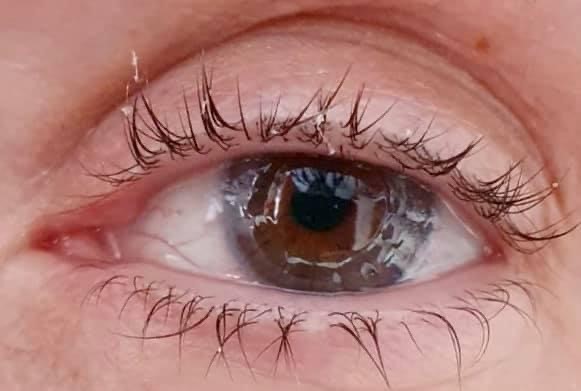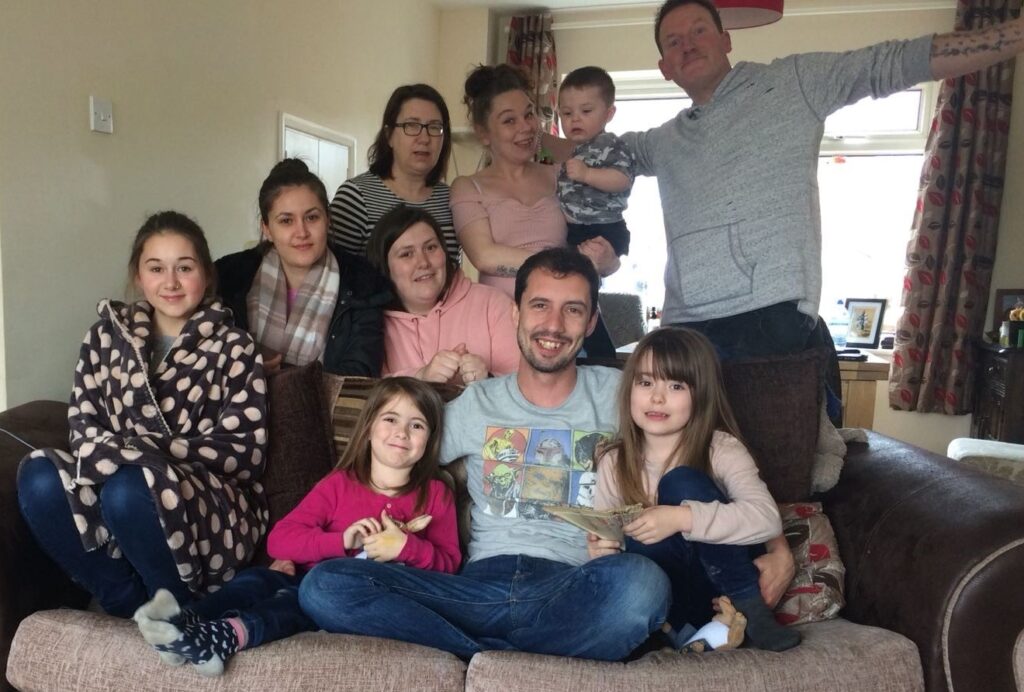
Sep 23rd 2020
Urgent need for cornea donors to help restore sight of those waiting for transplant
Justine Watson from Kent ‘forever grateful’ to the families of her cornea donors for giving her the gift of sight
During National Eye Health week (21 to 27 September), NHS Blood and Transplant is encouraging people to consider giving the gift of sight, due to the urgent need for more cornea donors.
One in 10 people on the NHS Organ Donor Register have indicated that they do not wish to donate their corneas, making corneas the part of the body that most people say they do not wish to donate. (1)
Post-lockdown, NHS Blood and Transplant’s donated cornea numbers are 54% below the level needed to supply hospitals across the country.
As of 15 September, there were 161 corneas in NHS Blood and Transplant’s eye banks. The aim is to have 350 corneas available at any one time to supply to hospitals.
This has led to potential cornea recipients having to endure a longer wait to have their sight restored or their condition improved.
Helen Gillan, General Manager for Tissue and Eye Services at NHS Blood and Transplant, said: “During National Eye Health week, too many people will be unable to see their loved ones due to a national shortage of cornea donors.
“We urgently need more cornea donations to meet the demand for sight saving transplants, as numbers have not returned to usual post-lockdown.
“We understand that people often view the eyes with more emotion and see them as more symbolic than other parts of the body. The eye is never transplanted whole (2) – only the cornea is transplanted. The cornea is the clear outer layer at the front of the eye that helps the eye to focus light.
“Unlike with organ donation, corneas don’t have to be donated immediately. Corneas can be donated up to 24 hours after death and donation can take place in hospital, hospices, or funeral homes.
“You can help those in need by saying yes to cornea donation, telling your friends and family your wishes, and giving the gift of sight to another. Donating sight means there can be light after darkness.”
Case study – Justine Watson
At sixteen years old, Justine Watson from Kent was diagnosed with keratoconus, an eye disorder leading to progressive thinning of the cornea.
After her first cornea transplant in her left eye aged eighteen, Justine received another donated cornea that was transplanted into her right eye four years later.
Justine said, “I had a little boy and the transplants made me realise just how bad my vision had become, as I could now see how beautiful he truly was.”
Five years after her right cornea transplant the graft had sadly failed, so another transplant was required.
Justine said, “The gift of each cornea meant that I could lead a full life. I have seen my beautiful children grow up – one boy and four girls – and I have also been able to see my grandchildren come into the world.”
Justine’s second right cornea transplant has given her 23 years of sight out of her right eye, and her left cornea transplant provided 28 years of vision from her left. None of which would have been possible without cornea donors.
Vision in Justine’s left eye started to decline over the last four years and she was put on the waiting list for a second left cornea transplant.

Justine and family, Easter 2018
Justine said, “This time I had to wait quite a while for my transplant as I was told there was a shortage of donor corneas. I was put back on the list and was then given a new date at the end of July 2020 – which just so happened to be my 50th birthday!”
“I will always be forever grateful to the four donors that donated their corneas, and their families for granting their donation wishes, allowing me to see more clearly. Individual leaves on a tree, my grandchildren’s dimples, my partner’s first grey hairs…”
“I think that corneas get overlooked when families are making that hard decision about donating their loved ones’ organs and tissue. The gift of sight is truly amazing, and it really is a precious gift.”
Over the last year, 3,782 people in England have had their sight restored through cornea transplants. One donor can help up to 10 people, helping restore or improve their vision and allowing them to see their friends and family properly again.
- To find out more about organ and tissue donation, the new opt-out law, or to register your organ and tissue donation decision, please visit: www.organdonation.nhs.uk
Make sure you have told those closest to you what your organ and tissue donation wishes are so that they know to honour your decision
